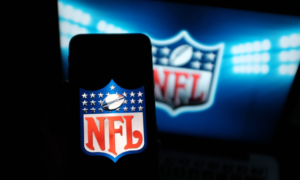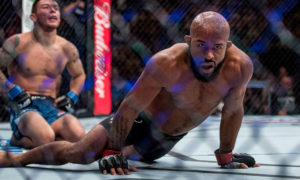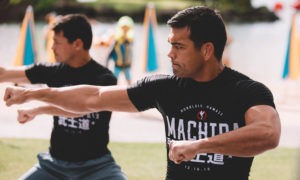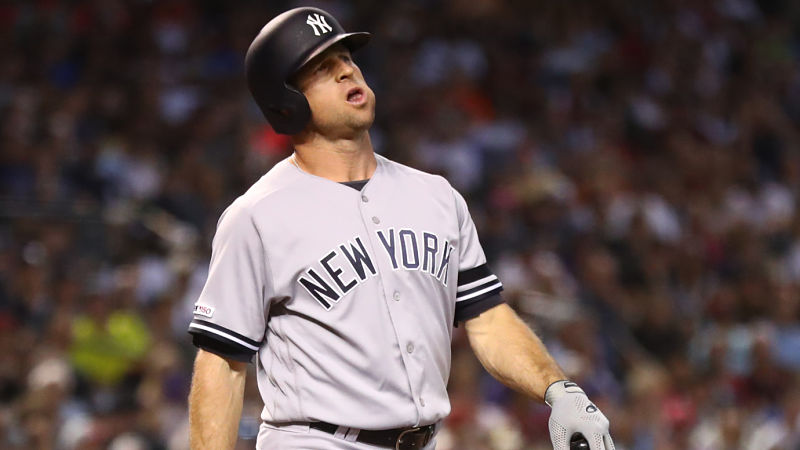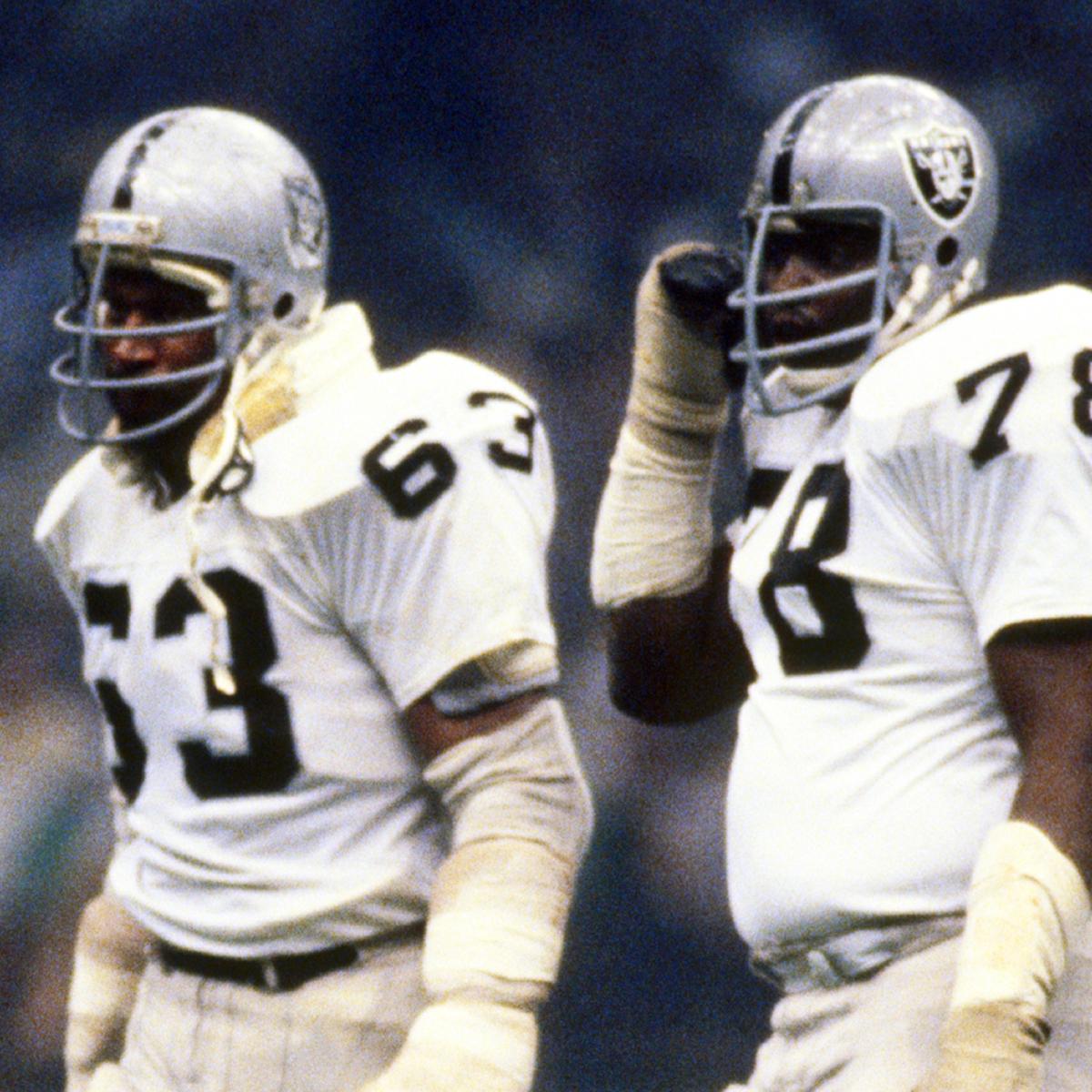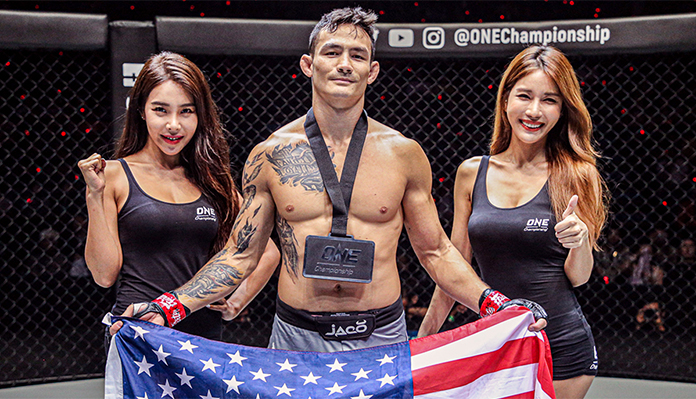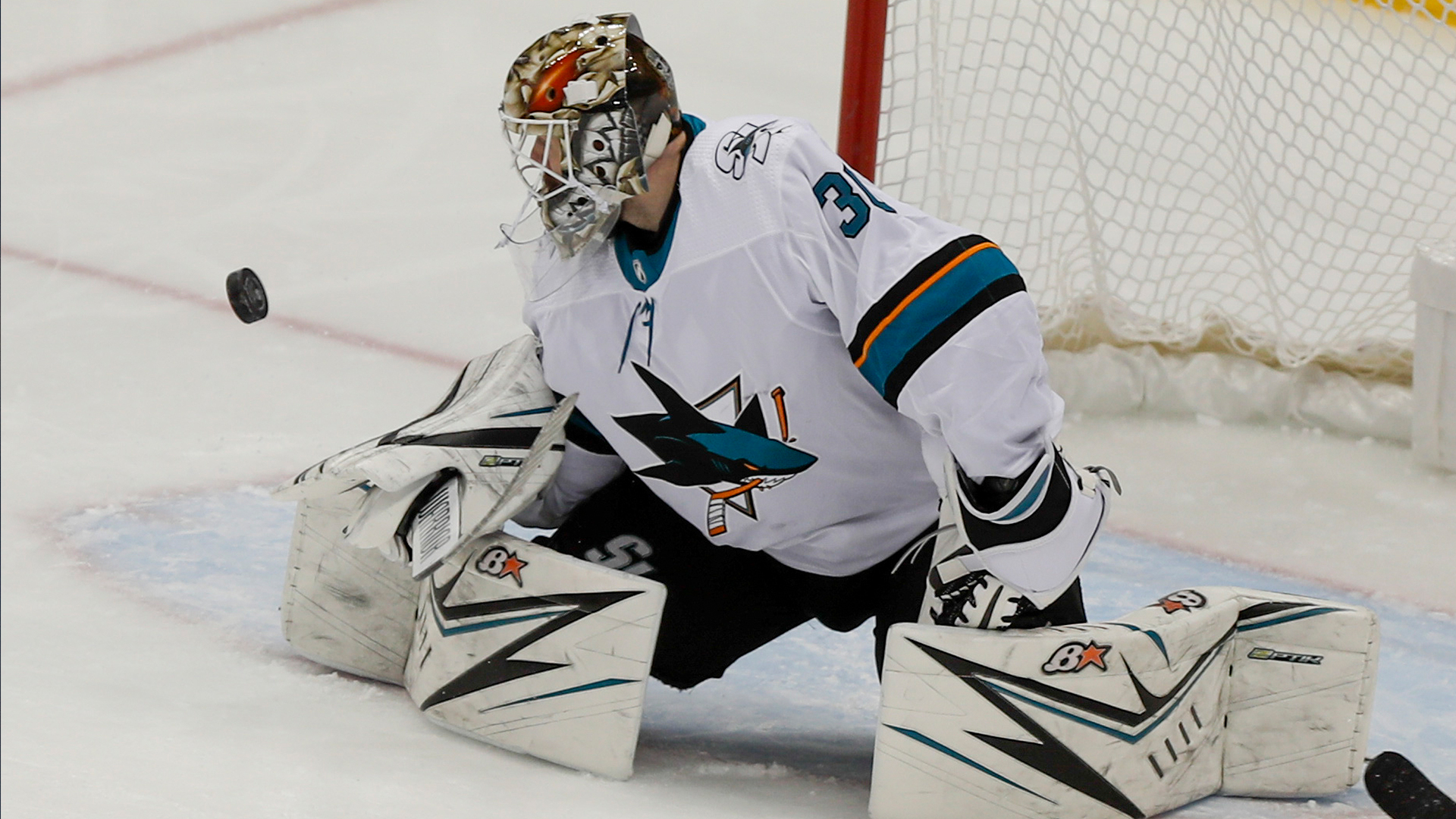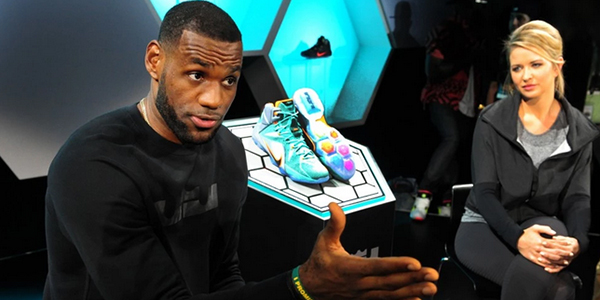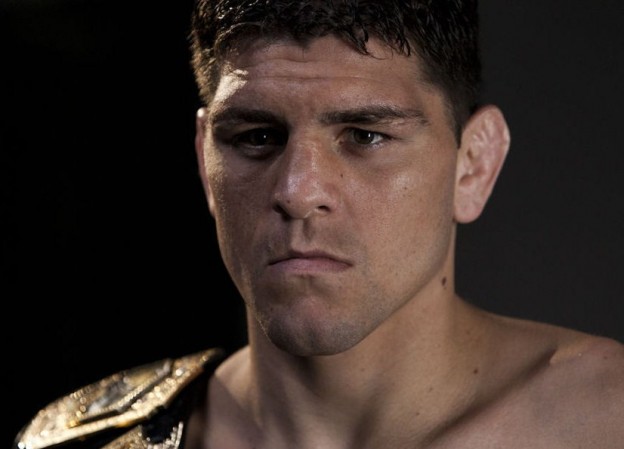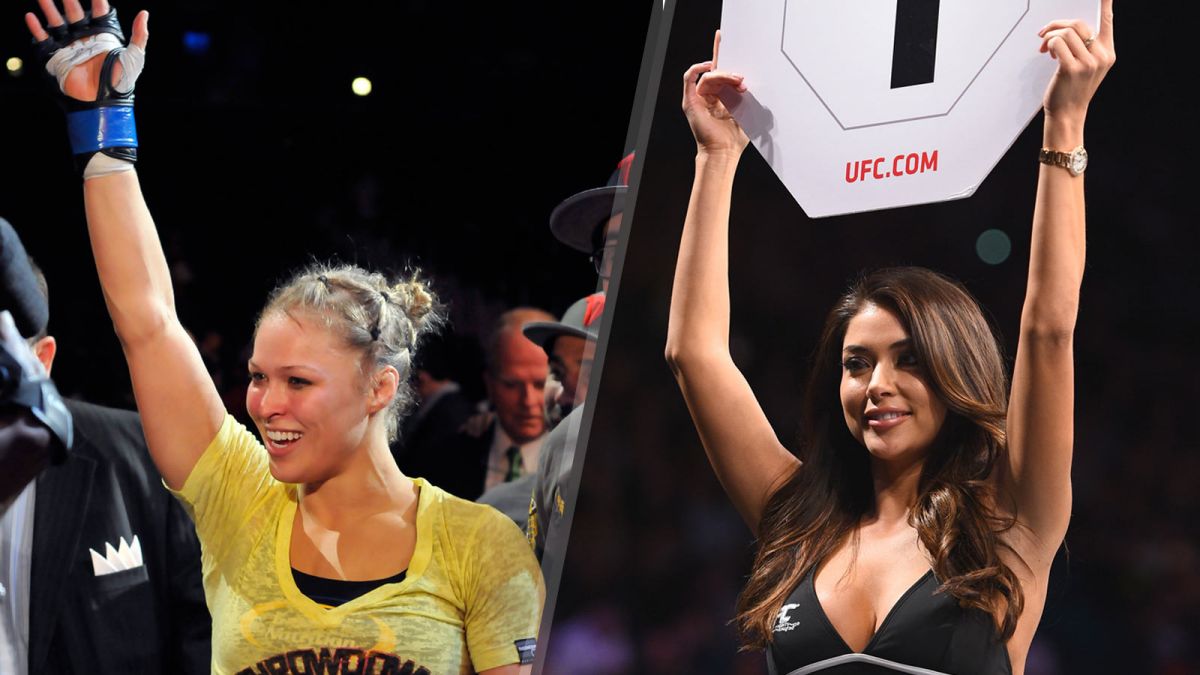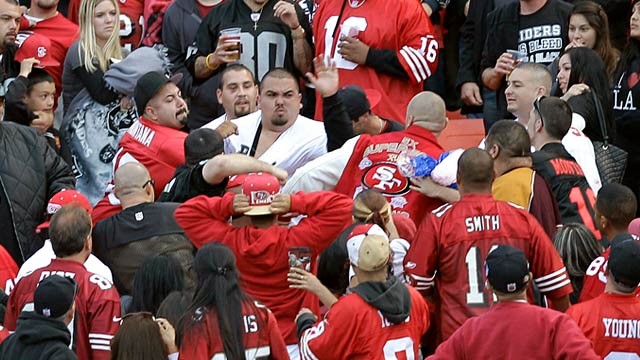Kim Ng’s hiring as the Marlins’ GM puts her at the top of a long list of women who have fought to hold space in MLB.
“It’s a glorious day,” Melissa Ludtke says when she picks up the phone. “Isn’t it?”
It’s been more than 40 years since a judge ruled in her favor in Ludtke v. Kuhn, the lawsuit she filed against MLB commissioner Bowie Kuhn, fighting for the right to enter major-league clubhouses in order to do her job as a baseball reporter for Sports Illustrated. The 1978 decision was a watershed moment for women in sports, but at its core, the idea here was simple—the idea that women deserved to be allowed in the room.
Since Ludtke’s court case, the number of women in that room has grown steadily. There are more women than ever who write about baseball, who broadcast it, who work in all facets at all different levels of it. Women are allowed in the room and are actively holding space in it. But Ludtke’s declaration of a “glorious day” is reserved for a particular milestone that’s been a long time coming: Kim Ng, hired today as the general manager of the Miami Marlins, will be the first woman to run the room.
Ng is the first woman to be a GM in any of the four major North American sports leagues. In a sense, however, her hiring is conventional, perhaps almost boring. A widely respected professional, Ng has been cited as a top candidate for GM jobs for more than 15 years. She has decades of experience, including as an assistant general manager for multiple successful clubs, and most recently with a high-ranking position in the Office of the Commissioner. A graduate of the University of Chicago, she became the youngest person ever to win a salary arbitration case in MLB in 1995, and now, she’s been around for long enough to qualify as a bona fide baseball lifer. She is, in other words, a seemingly perfect candidate. Which is what makes this announcement both so expected and so completely not. For years, the conventional wisdom around the game was that there would be a female GM, and it would be Ng. (SI first printed a prediction to that effect all the way back in 2003.) But the fact that this prediction had to be made for so many years, across so many open jobs, eventually cast it into doubt.
Not anymore.

Ludtke left baseball reporting decades ago and does not personally know Ng. But several threads stood out to her when she read the news this morning. There was Ng’s stated desire to “bring championship baseball to Miami”—a reminder that she, much like Ludtke in 1978, simply wants to be able to do her job and do it well. And there was another familiar sentiment, too: “When I got into this business,” Ng wrote in her statement, “it seemed unlikely a woman would lead a major league team, but I am dogged in the pursuit of my goals.” That struck a chord.
“I just get a great sense of spirit when I look at her,” says Ludtke. “And I just think about the kind of spirit that anyone like her, or like me, or like any of the other women way back when—we all had to carry that spirit with us. We all had to be, as she says, dogged in pursuit of our goals.”
It’s a milestone that Ludtke could not have imagined when she was first blocked from the clubhouse in 1977. But it would have been equally unimaginable, she says, even in the years immediately after she won—a time when women, while now technically allowed in the room, were still not accepted inside of it.
“My suit changed the rules,” Ludtke says, “But it didn’t change attitudes. Those took a lot longer to change…. My suit was about opening the door, but once you open the door, there has to be respect for people who are walking through it.”
She notes that to be a “first” is to be an “only,” a position that comes with its own challenges, and she hopes that other women are soon hired in similar roles to Ng. But Ludtke notes, too, the honor that comes with getting inside first and being able to usher in others behind you.
She recalls the Baseball Hall of Fame ceremony for her friend Claire Smith in 2017, who started covering the sport shortly after Ludtke v. Kuhn, and ultimately became the first woman to receive the Hall’s J.G. Taylor Spink Award. Smith invited Ludtke to attend the event, and while in Cooperstown, she went up to look at something that she had not seen in years—her own press passes from the 1977 World Series, when she was blocked at the clubhouse door, and from the 1978 World Series, when she was finally allowed inside. These now sit in an exhibit on women in baseball that includes artifacts from women who have played, who have umpired, who have built stadiums. These are the artifacts of women who have been first, but in each case, many others have followed behind them. She looks forward to getting to see the same from Ng—and from the women who will follow.
“What it means to be a first, it isn’t just to celebrate for a day, but it’s to know that this person is now going to open the eyes and the opportunities for so many girls who are going to be looking your way,” Ludtke says. “So I know there will be others following her. And that’s incredible.”
——————-

